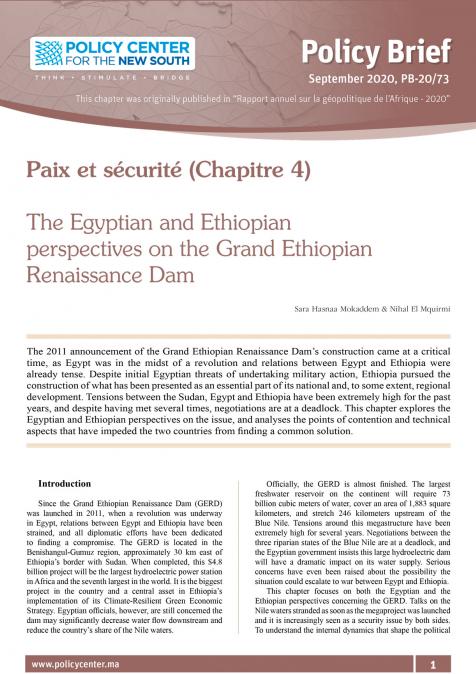Podcasts
The Diaspora as a tool of African Soft Power
Related topics:
The role played by diasporas in international relations should not be neglected. Bilateral engagements between states can be significantly affected by the practical and perspective relations between the diaspora community and their homeland. In the African context, the African diaspora, considered by the African Union (AU) as as a “sixth development zone”, can play an important role in the emergence of Africa. Furthermore, its importance in terms of contribution to the development of the different parts of Africa is outstanding, to the point that it can exceed international public aid in certain case. In this podcast, Abdessalam Jaldi, Senior International Relations Specialist at the PCNS engages in a conversation with Kassie Freeman, President & CEO - African Diaspora Consortium.







